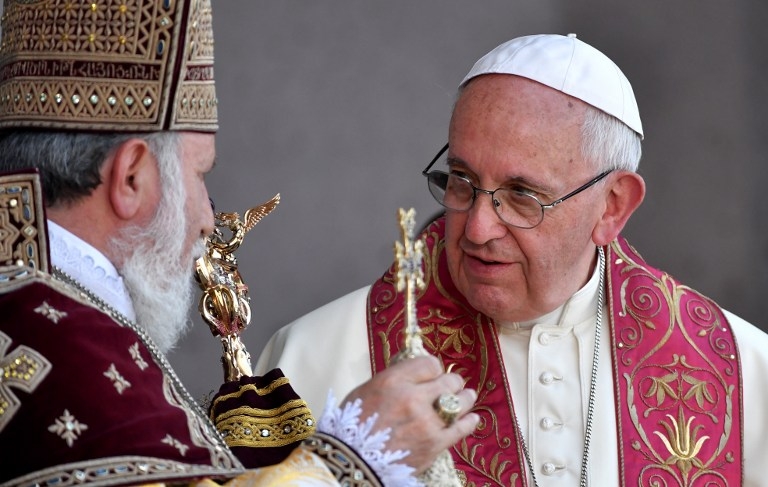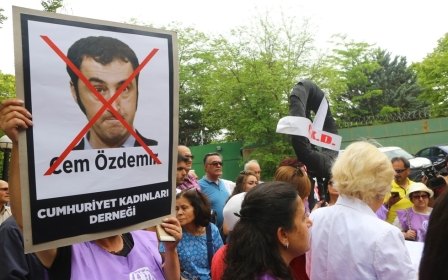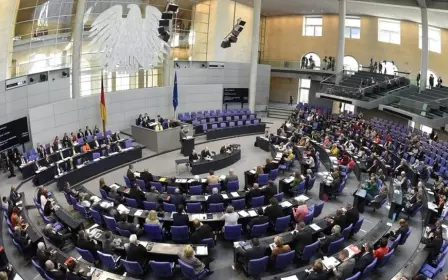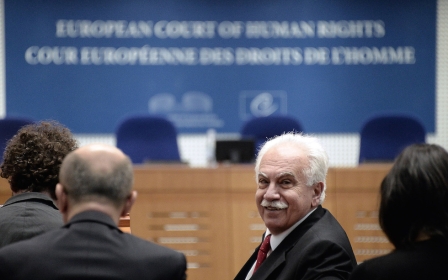Turkey says Pope has Crusader mentality in acknowledging Armenian genocide
Turkey said that Pope Francis was not being objective when he said the mass killing of Armenians was a genocide

Pope Francis and Catholicos of All Armenians Karekin II attend the Divine Liturgy (AFP)
Published date: Dimanche 26 juin 2016 - 15:07
|
Last update: 8 années 5 mois ago
Turkey has condemned as "very unfortunate" Pope Francis's declaration that the mass killings of Armenians a century ago by Ottoman forces amounted to a genocide, saying it bore traces of "the mentality of the Crusades".
"It is not an objective statement that conforms with reality," Deputy Prime Minister Nurettin Canlikli said late on Saturday, quoted by the state-run news agency Anadolu.
The pope on Friday denounced the World War I killing of Armenians as a genocide, prompting Turkey's anger.
"Sadly this tragedy, this genocide, was the first of the deplorable series of catastrophes of the past century," the pope said at the presidential palace in Yerevan.
Canikli said: "It is possible to see all the hallmarks or reflections of the mentality of the Crusades in the Pope's activities."
The Vatican hit back at the accusation on Sunday.
"The pope is on no crusade. He is not trying to organize wars or build walls but he wants to build bridges," spokesman Father Federico Lombardi told reporters. "He has not said a word against the Turkish people."
When Francis last used the term in the Vatican in 2015, on the centenary of the killings, Ankara recalled its envoy from the Holy See for nearly a year.
The pope on Saturday visited the Armenian genocide memorial in Yerevan but sought to strike a conciliatory tone during evening prayers.
"May God bless your future and grant that the people of Armenia and Turkey take up again the path of reconciliation, and may peace also spring forth in Nagorny Karabakh."
Armenians have long sought international recognition for the World War I killings as genocide.
Turkey - the Ottoman Empire's successor state - argues that it was a collective tragedy in which both Turks and Armenians died.
Middle East Eye propose une couverture et une analyse indépendantes et incomparables du Moyen-Orient, de l’Afrique du Nord et d’autres régions du monde. Pour en savoir plus sur la reprise de ce contenu et les frais qui s’appliquent, veuillez remplir ce formulaire [en anglais]. Pour en savoir plus sur MEE, cliquez ici [en anglais].




